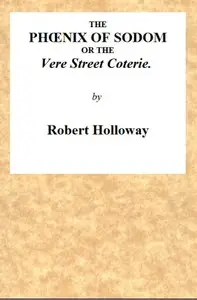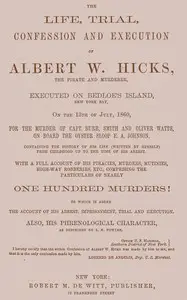"The Altruist in Politics" by Benjamin N. Cardozo is a philosophical discourse presented as a commencement address at Columbia College in the late 19th century. This piece serves as a critique of altruistic doctrines in politics, particularly the principles of communism and socialism, as Cardozo explores how these ideologies impact human behavior and societal structures. The work reflects the intellectual climate of the time, grappling with themes of individualism versus collectivism and the psychological and practical implications of altruism in governance. In "The Altruist in Politics," Cardozo systematically argues against the principles of communism, positing that its ideals are impractical and potentially harmful. He asserts that altruism, when applied as a governing principle, undermines individual effort and creativity, ultimately eroding the very qualities that drive human progress. Through historical examples, he highlights the failures of past attempts at communal living while critiquing the notion that collective well-being can be achieved at the expense of individual rights and ambitions. Cardozo warns that a society governed by altruistic principles would evolve into a mechanistic state, sacrificing personal freedom for material equality and powerful governance, resulting in a stifling of the human spirit and a regression of societal development. (This is an automatically generated summary.)

The Altruist in Politics
By Benjamin N. (Benjamin Nathan) Cardozo
"The Altruist in Politics" by Benjamin N. Cardozo is a philosophical discourse presented as a commencement address at Columbia College in the late 19t...
Genres
Released
1998-06-01
Formats
mobi (images)
epub (images)
epub
mobi
epub3 (images)
Free Download
Overview
About the Author
Benjamin Nathan Cardozo was an American lawyer and jurist who served on the New York Court of Appeals from 1914 to 1932 and as an Associate Justice of the Supreme Court of the United States from 1932 until his death in 1938. Cardozo is remembered for his significant influence on the development of American common law in the 20th century, in addition to his philosophy and vivid prose style.
Total Reviews
10.0k
Total reviews from Goodreads may change













